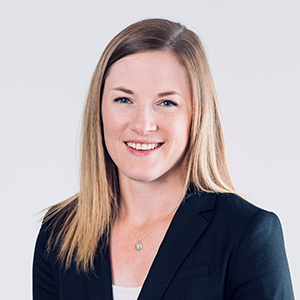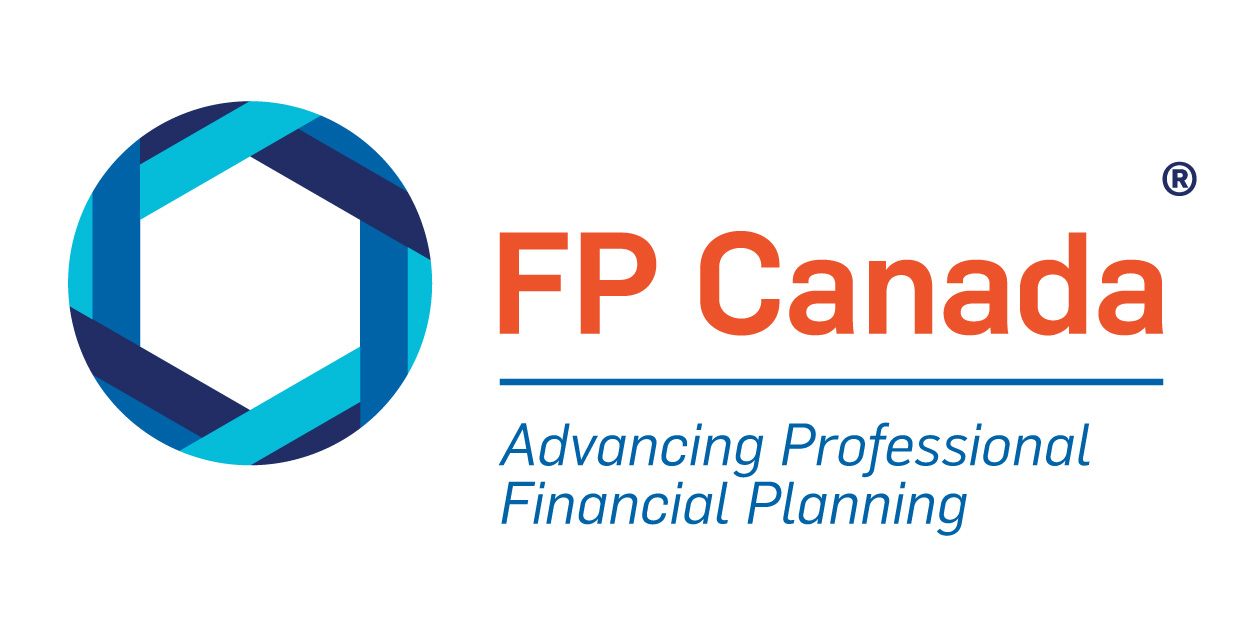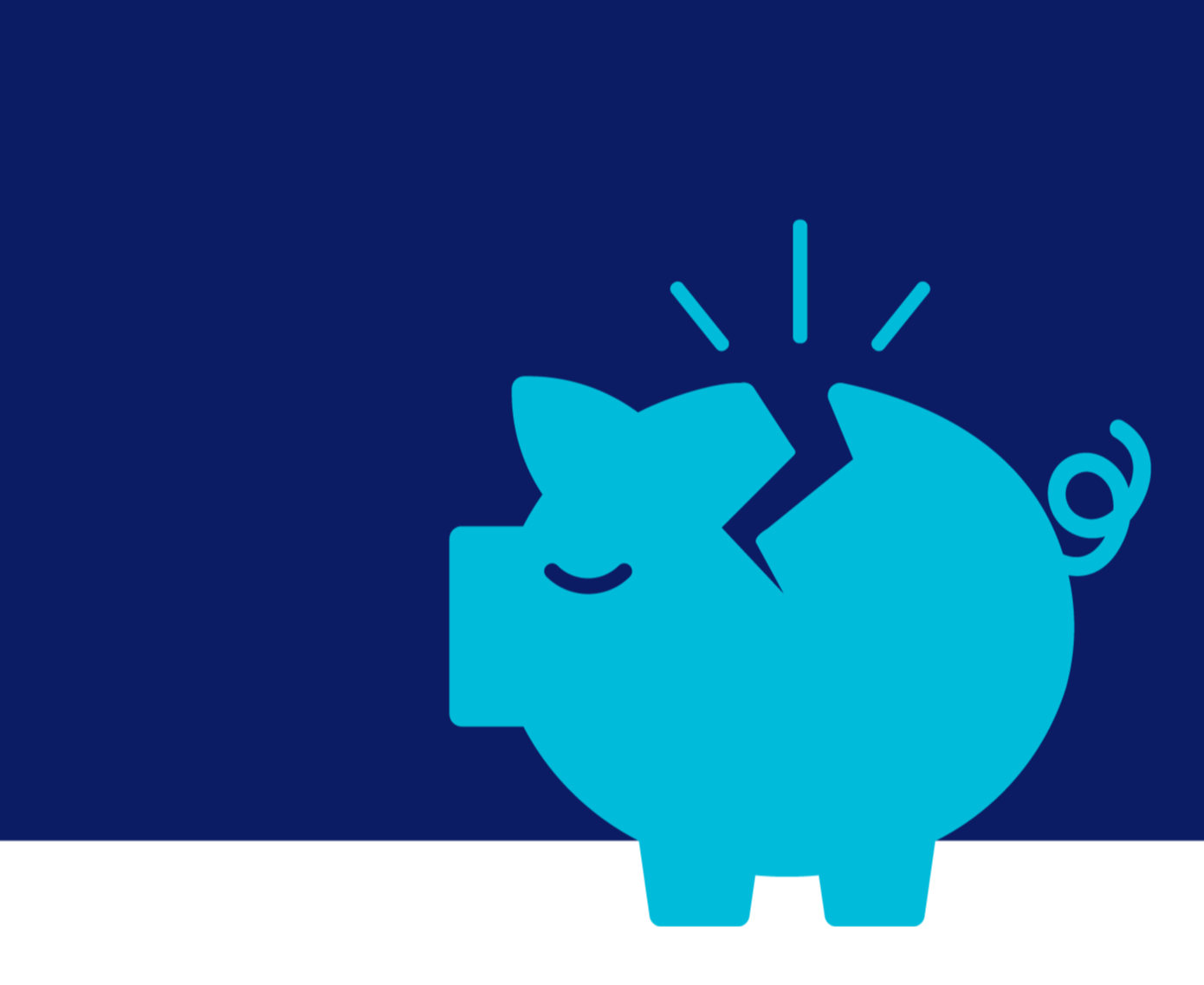Key Takeaways
- Canadians are recognizing the importance of debt repayment, indicating a high degree of financial responsibility.
- Review, categorize and consolidate your debt for a clearer view of your financial circumstances.
- Work with a Certified Financial Planner® professional or Qualified Associate Financial Planner™ professional to find a debt repayment strategy that fits your unique circumstances.
In the current economic landscape, it’s no surprise that Canadians are concerned about their finances. According to the 2024 FP Canada™ Financial Stress Index, money continues to be the leading cause of stress for Canadians, with 44% of respondents naming it their biggest stressor. Those with outstanding debt, in particular, may be feeling the pressure of higher interest rates and inflation. Nearly seven in ten Canadians (69%) say elevated grocery prices are the most pressing external factor impacting their money-related stress.
When your dollars are spread thin, it’s hard to know how to start managing your finances. That said, Canadians are prioritizing debt repayment despite economic factors beyond their control. By taking action, they’re indicating their dedication to financial responsibility, which is critical at a time when we’re facing so many external financial pressures.
Canadians Are Prioritizing Debt Repayment
Interest rates have risen dramatically over a short period. Despite this, Canadians are recognizing the importance of debt repayment, as over one-third (38%) have paid down debt to reduce financial stress. Nearly a quarter (24%) plan to pay off outstanding credit card debt within 12 months.
Having a debt repayment strategy is crucial. It allows you to make progress toward your financial goals while also getting some enjoyment out of your monthly cash flow.
If you’re ready to start managing your debt, here are four tips to help you get started:
- Review Your Budget
Reviewing or establishing a budget and tracking your monthly expenses can provide clarity around your financial situation and what you can afford. This is an essential step toward determining how much to set aside for debt repayment. It will also help you track expenses and spend more intentionally, allowing you to live within your means and avoid taking on more debt. - Categorize Your Debts
Make a list of all your debts and fees. For each item on the list, include the lender, interest rate, monthly payment, and outstanding balance. Understanding what you owe and how much your debts cost you each month will help you more fully understand your financial situation. Armed with this information, you’ll be well-positioned to develop an effective repayment strategy. - Consolidate Your Debts
Consolidating your debts involves taking all your outstanding balances, with different interest rates and lenders, and combining them into one loan. The advantages typically include a more competitive interest rate and a single monthly payment. Consolidation provides clarity about how long it will take to pay down your debt. There are various consolidation strategies available, and a CFP® professional or QAFP® professional can help you assess which one is best for your unique financial circumstances. - Education is Key
You can learn to leverage debt effectively by educating yourself about strategies for debt management. Debt can even be useful in some cases, like when you’re taking out a mortgage to buy a home, as paying off the debt results in owning a valuable asset. It’s all about choosing the right strategy. Remember, you have options, and you don’t have to do this alone. A financial planner can provide advice to guide you along the way!
A Professional Financial Planner Can Help
Managing your debt can be a lot to take on. A CFP professional or QAFP professional can help you understand your options.
The 2024 Financial Stress Index shows that Canadians who don’t work with a financial professional are 33% more likely to be stressed about money than those who do. Planners are here to empower you to build financial confidence and help you take steps to reduce your stress.
To find a CFP professional or QAFP professional who can help you develop a strategy to manage your debt, use the Find Your Planner tool.

Meghan MacPherson is a QAFP professional at Impact Financial Group Inc.

 Find Your Financial Planner
Find Your Financial Planner



